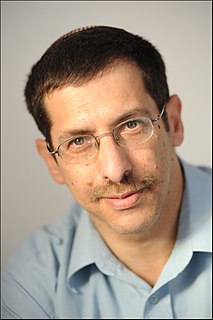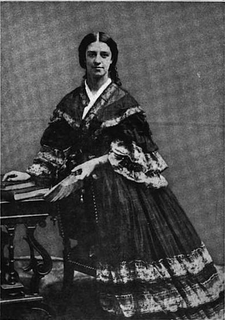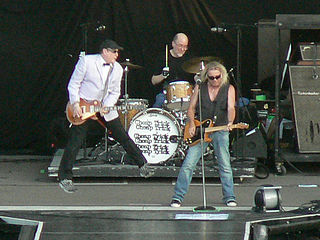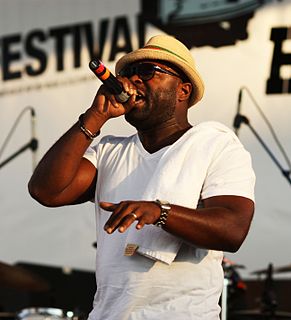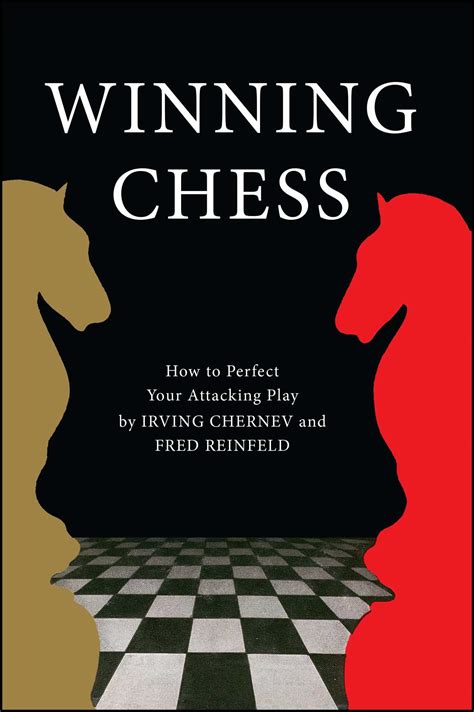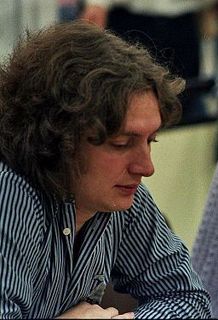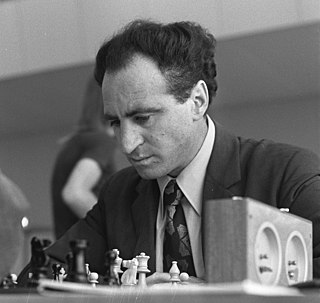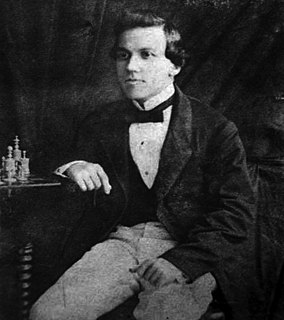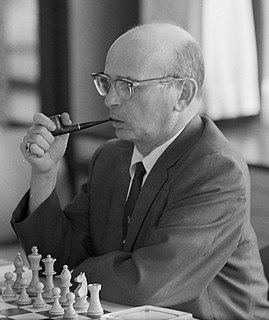A Quote by Mikhail Tal
I will not hide the fact that I love to hear the spectators react after a sacrifice of a piece or pawn. I don't think that there is anything bad in such a feeling; no artist or musician is indifferent to the reactions of the public.
Related Quotes
I'm always interested in hearing how other people read and react to my songs. I hadn't thought of it in just that way. One of the things I love about doing things that are creative is that I feel like it's my right as an artist not to be affected by the reactions of those people that are going to hear my songs. But I also feel like it's the right of the people hearing them to have their own interpretations of what these songs mean. Sometimes people will see things that I don't see.
The artist has some internal experience that produces a poem, a painting, a piece of music. Spectators submit themselves to the work, which generates an inner experience for them. But historically it's a very new, not to mention vulgar, idea that the spectator's experience should be identical to, or even have anything to do with, the artist's. That idea comes from an over-industrialized society which has learned to distrust magic.
My platform's called Don't Even Think About It. I go to schools and I say, 'Whatever bad thing it is you're thinking of doing, don't even think about it. 'Cause I can see into your soul, and I will hide in your closet and come for you in the night, and the last sound you ever hear will be my sharp teeth popping through the flesh of my gums, ready to eat you.' Their eyes get all big. It's awesome. I love little kids, man. They're the cutest






